Put on a few pounds? Good news: you might live longer
According to a new study, being slightly overweight in middle age is no bad thing. But there are caveats, the expert behind the research says
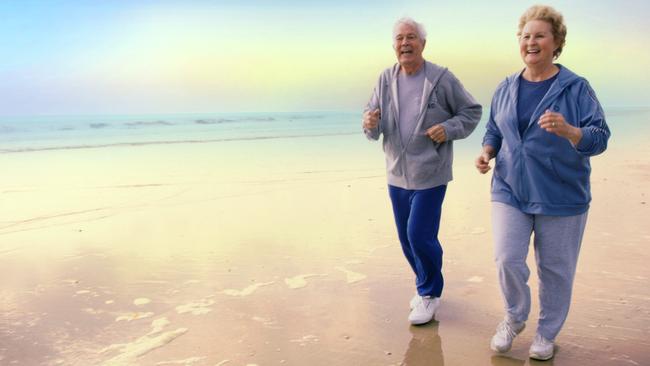
If life has taken a toll on your waistline, don’t despair. Provided you have not tipped the scales dramatically, there is new evidence that gradually gaining a few pounds during your fifties and sixties might not be such a bad thing.
Looking at data from the long-running Framingham Heart Study, researchers from Ohio State University have discovered that it’s not those who maintain their youthful figures who live longest.
“We found that those people with the highest survival rate started with normal weight in early adulthood and advanced to modest overweight in later adulthood,” says Hui Zheng, associate professor of sociology at Ohio State University, who led the study. It tracked changes in body mass index among the 4576 participants in the original group of the heart study, which started in 1948, along with 3753 of their adult children.
There are caveats. Obesity remains a killer, and the study, published in the Annals of Epidemiology, reported that those least likely to have long lives were people who entered adulthood as obese and whose weight continued to spiral. And although Zheng didn’t look at the effect of weight gain on cognitive decline and dementia in this paper, in a previous study using data on 30,000 Americans, published in the Journals of Gerentology, he found that mental decline was linked to inactivity and obesity.
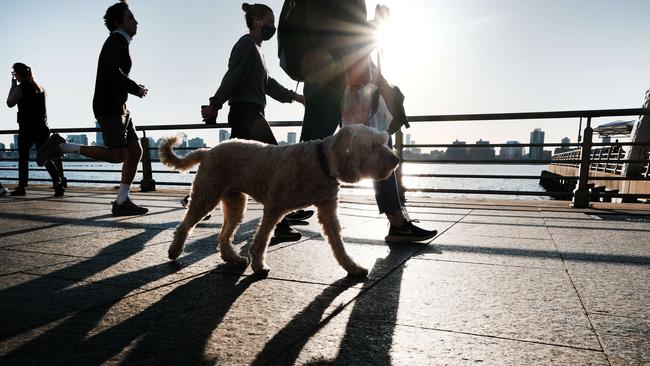
However, the gradual weight-gainers in the new study lived longer than those who were overweight to begin with and stayed that way, those who were overweight as younger adults but lost weight as they got older, and even those who maintained a normal weight for life. The message, Zheng says, is clear: “Entering the overweight category of BMI in later adulthood can actually increase the probability of survival”.
It’s not the first time that moderate plumpness has been seen to be beneficial. In 2013 Zheng reported how being slightly overweight in your fifties, but keeping it that way and not gaining more, was a strong predictor for survival over the next 16 years. What might be the reason? Zheng says that there are complex factors at play, but that body fat seems to support an ageing body in many ways.
“Modest extra body weight in old age, including lean tissue mass and fat mass, might provide protection against nutritional and energy deficiencies, metabolic stresses, the development of wasting and frailty, and loss of muscle and bone density caused by chronic diseases such as heart failure and cancer. Our most recent disease-specific analysis showed that weight gain is especially protective against cancer-related death, for example.”
Being too skinny carries other risks, such as a weakened immune system and fragile bones. “If you are underweight with low levels of muscle mass there’s evidence your risk of heart disease, type 2 diabetes and osteoporosis are also higher,” says Dr Richard Kirwan, a researcher in the school of biological and environmental sciences at Liverpool John Moores University.
“Just as being obese carries health risks, so does being too thin.”
Weight gain in middle age — and older — is clearly not as straightforward as we thought, but what else do we know about the ageing body’s relationship with fat?
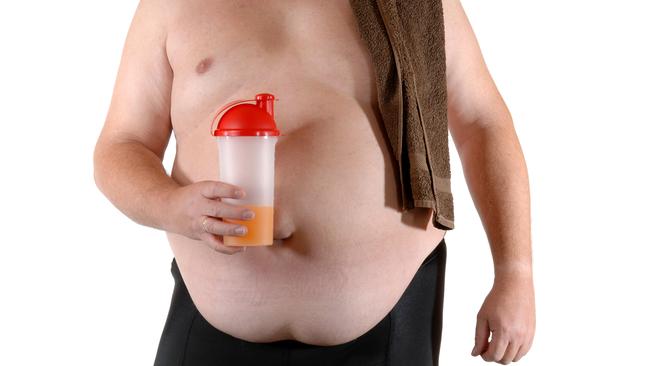
What’s the perfect BMI?
The new findings are not a green light to settle for any substantial weight gain during lockdown. In Zheng’s study the kind of weight gain that produced the greatest longevity benefits was modest and occurred on a trajectory over years. And the older adults who lived the longest had an average BMI of about 27 — just beyond the normal range of 20 to 25.
“It is not like they were very heavy,” Zheng says. “It came down to the timing and the magnitude of their weight gain and where their BMI was at the start.”
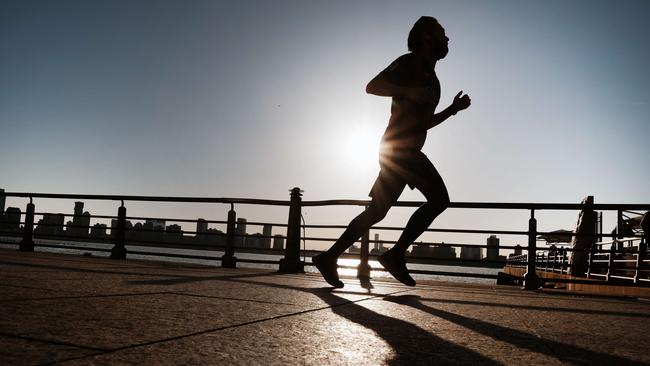
Don’t stop moving
Although his research didn’t look at the specifics of where and how weight was gained, Zheng says any “weight gained through added muscle mass is probably more helpful than a ‘normal’ body fat gain associated with ageing”. Over the past 12 years he has put on 4.5kg in weight, which he puts down to gym work. “My weight used to be 145lb when I was 30. I now weigh 155lb as I started working out to build more muscle.
“Exercise,” he adds, “is very instrumental in promoting survival.”
Our muscle mass gradually declines with age and is exacerbated by increasing levels of inactivity as we reach our fourth decade. As we lose muscle, so our bodies typically end up increasingly composed of fat tissue, which is less metabolically active, and our ability to burn calories throughout the day declines. As muscles shrink and we become proportionately fatter over time, so we are predisposed to excessive weight gain.
“Losing muscle mass in itself won’t cause massive weight gain,” Kirwan says. “But exercise is the single most important factor in preserving strong muscles that keep health and weight gain in check.”
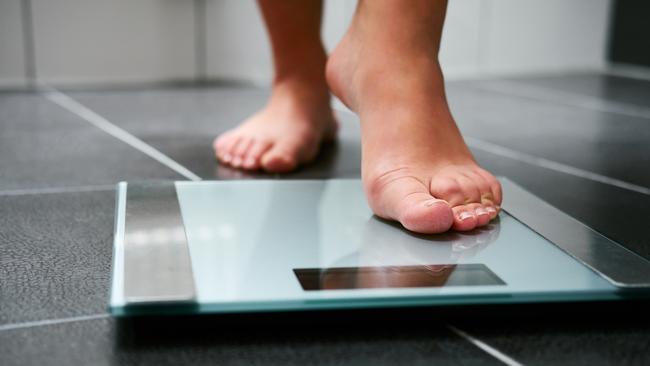
Fact: it is harder to lose weight when you are older
If you are someone who has gained more than a few pounds during the pandemic, the stark reality is that you will not lose them overnight. It’s not just a loss of muscle mass and declining levels of physical activity that lead to the middle-age spread.
“Our metabolic rate is impacted by many things, including low-level inflammation in the body as we get older,” Kirwan says. “Declining levels of hormones such as oestrogen and testosterone have some effect on our metabolic rate and our weight, although not as much as people think they do.”
In 2019 a study in the journal Nature Medicine uncovered another reason people struggle to ward off weight gain in their fifties. Even if people don’t reduce physical activity or increase the calories consumed, the turnover of lipids in body fat tissue slows, making it easier for pounds to pile on.
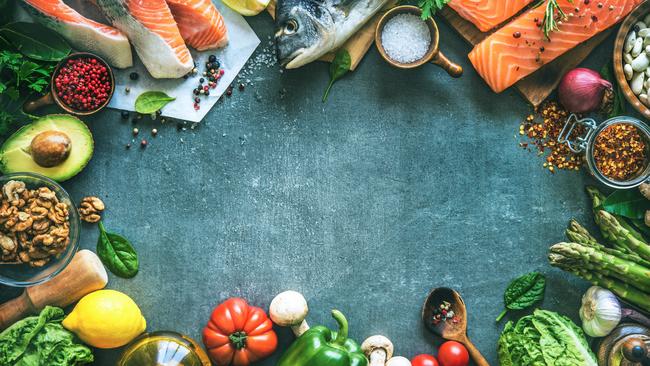
You need fewer calories now
According to the World Health Organisation, our basal metabolic rate — the energy our bodies need to function normally — drops by an average 2.9 per cent in adult men and 2 per cent in women over each decade of adulthood. To keep significant fat gain at bay you won’t get away with eating the same amount at 45 that you did at 25.
Eat more protein
Our body’s sensitivity to protein declines as we get older, which makes it harder for our muscles to use it for growth and repair.
“This anabolic resistance means our muscles don’t grow as efficiently as they did when we were young,” Kirwan says. “Eating relatively more protein-rich foods without increasing overall calorie consumption will help, but only if muscle is also stimulated through exercise.”
They don’t have to be expensive shakes and protein bars — any healthy form of protein, including lean meat, yoghurt, nuts and legumes, will help.
“In a meta-analysis about to be published, we showed that if older people ingest more protein but don’t exercise, they won’t get much benefit in terms of muscle gain and fat loss.”
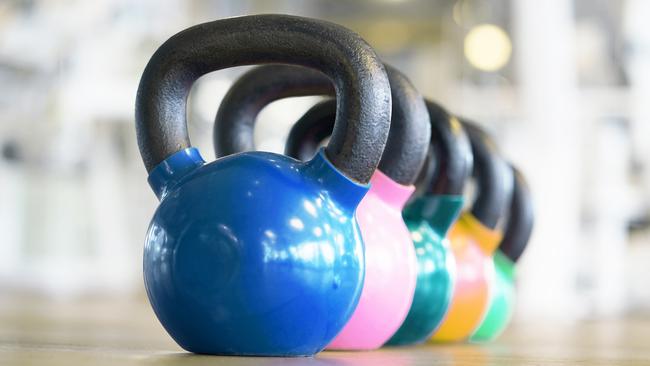
Lift weights
Weight training is arguably more important in your fifties and sixties than it is in your twenties and thirties. For a 2017 study published in the journal Obesity, researchers from Wake Forest University in North Carolina assigned participants to a group that was asked not to exercise, a group that walked for 45 minutes four times a week, and a third group that did full-body resistance training using weights machines at a gym four times a week. In addition, the 249 participants, all of whom were over 60, were asked to reduce their calorie intake by about 300 calories a day.
After 18 months the diet-only group had shed an average 5.5kg in weight, while both the activity groups lost an average 9kg in weight. Yet body composition scanning revealed that, while the walkers had dropped 7kg of fat, they had also lost 1.8kg of valuable muscle. Among the weight training contingent, however, their 9kg reduction comprised 8kg of body fat and only 1kg of muscle.
“Diet along with any physical activity is important for weight loss and maintenance,” Kirwan says. “But adding some resistance training is particularly important as we get older.”
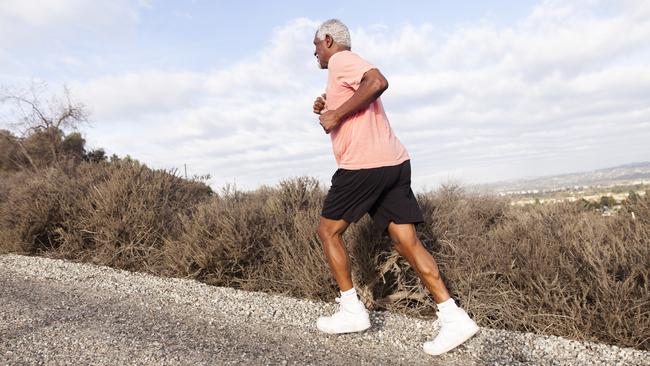
Padding protects your bones
Bill Ribbans, an orthopaedic surgeon and the author of Knife in the Fast Lane: A Surgeon’s Perspective from the Sharp End of Sport, says being too skinny from your forties onwards holds risks for your bones and joints.
“We need some padding as we age. There is a known association between low body weight and fractures, a result of lower bone mineral density, and an elderly fracture risk is a BMI of less than 18.5,” he says.
Ribbans says he sees a stream of people who take up running or cycling in their forties and fifties, lose a lot of weight and present with stress fractures. Being too thin also raises the risk of hip fractures as we age.
“Studies have shown that greater amounts of soft tissue thickness around the buttocks and hips influences hip fracture risks when people fall,” he says. “The risk of suffering a hip fracture more than doubles if someone is underweight, whereas among people in their fifties, sixties and seventies with a BMI of about 25 to 28 the risk is lowest. Basically, if you fall on a banana skin, you need to have a bit of bounce.”
Weighing too much is not good for your bones and joints, however.
“If you have an obese BMI your joints are under pressure and you are less mobile, placing you at risk of falls,” Ribbans says. “If you have a bit of padding and are neither too fat nor too thin as you get older, your bone mineral density will be as good as it can be.”
The Times
More Coverage



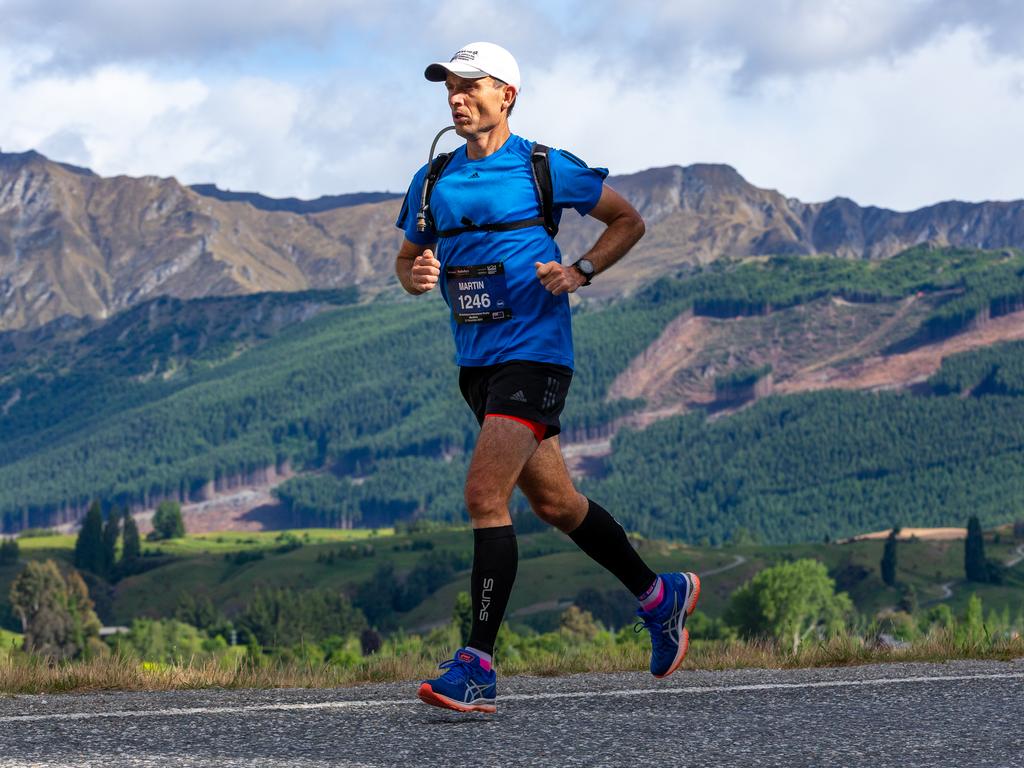
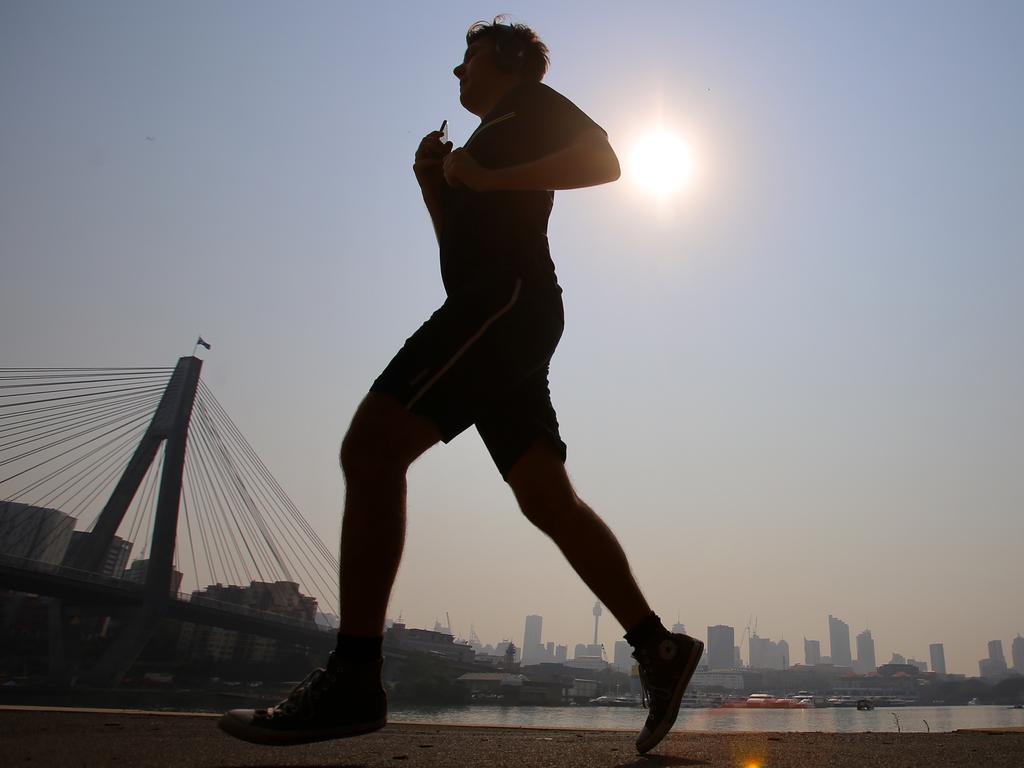



To join the conversation, please log in. Don't have an account? Register
Join the conversation, you are commenting as Logout